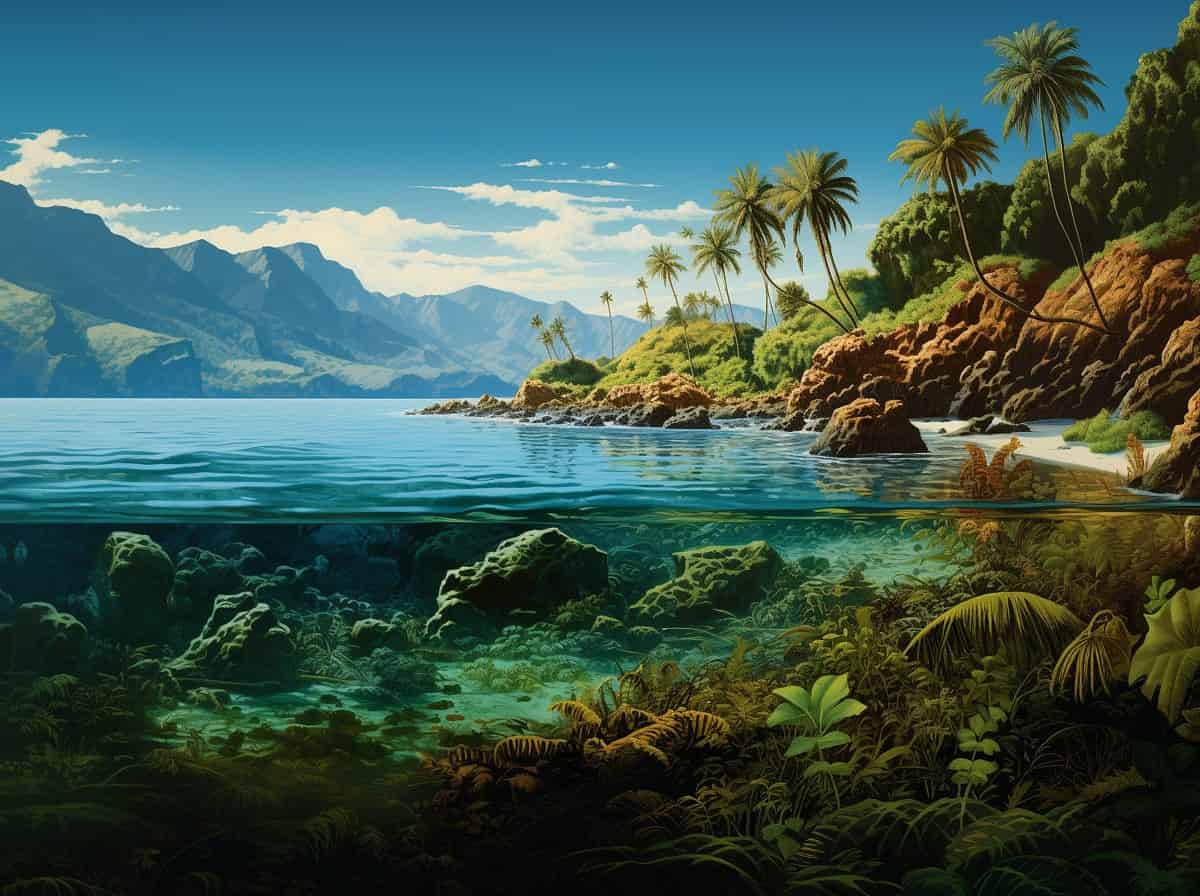In a significant step towards marine conservation, Costa Rica, Panama, Ecuador, and Colombia have successfully secured a $16 million grant from the Global Environment Facility (GEF) Council. This grant aims to support the preservation of the Eastern Tropical Pacific Marine Corridor (ETPFC), an ecologically rich region that spans across these countries.
With more than 30 percent of their marine territories already protected, these nations have been actively working together to safeguard their natural resources and promote sustainable practices. The grant will be managed by the non-governmental organization Conservation International (CI), and it is expected to have a profound impact on the conservation efforts in the area.
The Eastern Tropical Pacific Marine Corridor and Its Importance
The Eastern Tropical Pacific Marine Corridor is a vast area that encompasses several Marine Protected Areas (MPAs) and UNESCO World Heritage Sites. It links five prominent locations: Cocos Island, the Galapagos Islands, Coiba Island, Gorgona, and Malpelo. This region serves as a crucial habitat for numerous endangered species, including migratory sharks, turtles, whales, manta rays, and seabirds. Its ecological significance cannot be overstated, and protecting it is vital for the long-term health of these marine ecosystems.
The Role of the Global Environment Facility (GEF)
The Global Environment Facility (GEF) has recognized the conservation efforts of Costa Rica, Panama, Ecuador, and Colombia and has awarded them the $16 million grant. Carlos Manuel Rodríguez, executive director of the GEF and former Minister of Environment and Energy of Costa Rica, expressed the GEF’s commitment to supporting and rewarding these nations for their ongoing conservation initiatives. By providing financial assistance, the GEF aims to stimulate further progress in the protection and sustainable use of marine resources in the region.
Conservation International’s Involvement
Conservation International (CI), a renowned non-governmental organization, will serve as the international implementing agency responsible for managing the grant. Marco Quesada, vice president of Oceans for CI’s Americas region, stated that the funds would be utilized in close collaboration with the four countries.
CI will develop a proposal outlining how the money will be allocated, with a strong emphasis on strengthening regional governance, promoting cooperation, increasing investments in the blue economy, safeguarding protected areas, and improving regional connectivity. These strategic priorities will play a pivotal role in preserving migratory species and fostering sustainable practices within the tourism and fishing industries.
A Long-Standing Commitment to Conservation
Carlos Manuel Rodríguez, reflecting on his own involvement with the marine corridor since 2004, emphasized the collective efforts of the tropical eastern Pacific countries in creating the world’s largest mosaic of protected wilderness areas.
These nations have demonstrated their commitment to expanding the protection and sustainable use of marine resources, as evidenced by their success in conserving up to 30% of their ocean territories. For Costa Rica, in particular, this grant brings a renewed sense of hope and additional resources to combat illegal activities that threaten the region’s delicate ecosystem.
The $16 million grant from the Global Environment Facility is a significant milestone in the ongoing conservation efforts within the Eastern Tropical Pacific Marine Corridor. Costa Rica, Panama, Ecuador, and Colombia have shown exemplary dedication to protecting their marine territories, and this financial support will enable them to build upon their achievements.
Through the leadership of Conservation International, the funds will be channeled towards strengthening regional cooperation, enhancing governance, promoting sustainable practices in the tourism and fishing industries, protecting vital habitats, and facilitating the conservation of migratory species. The grant stands as a testament to the importance of international collaboration in preserving our precious marine ecosystems, and it is a positive step towards ensuring a sustainable future for generations






